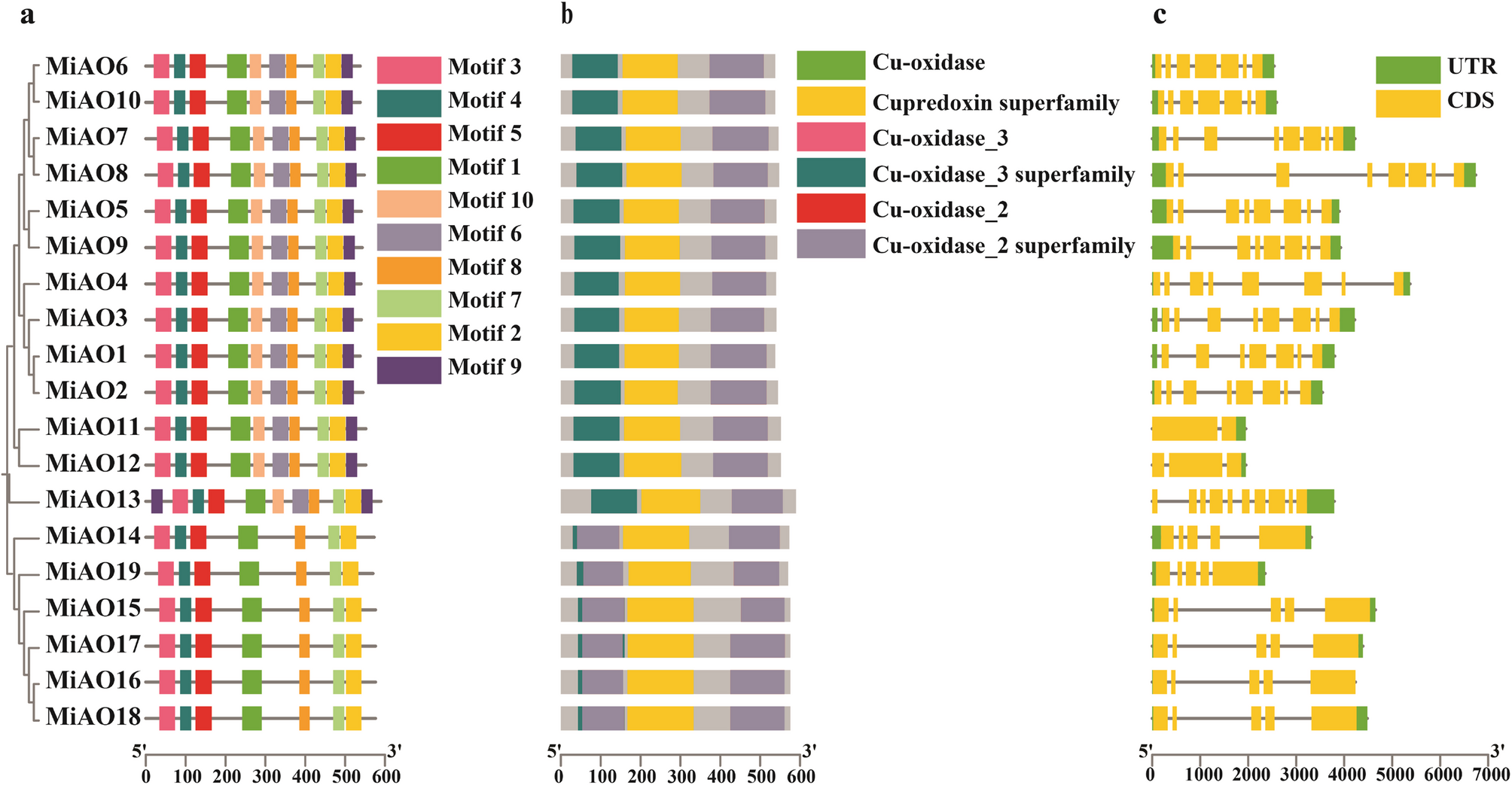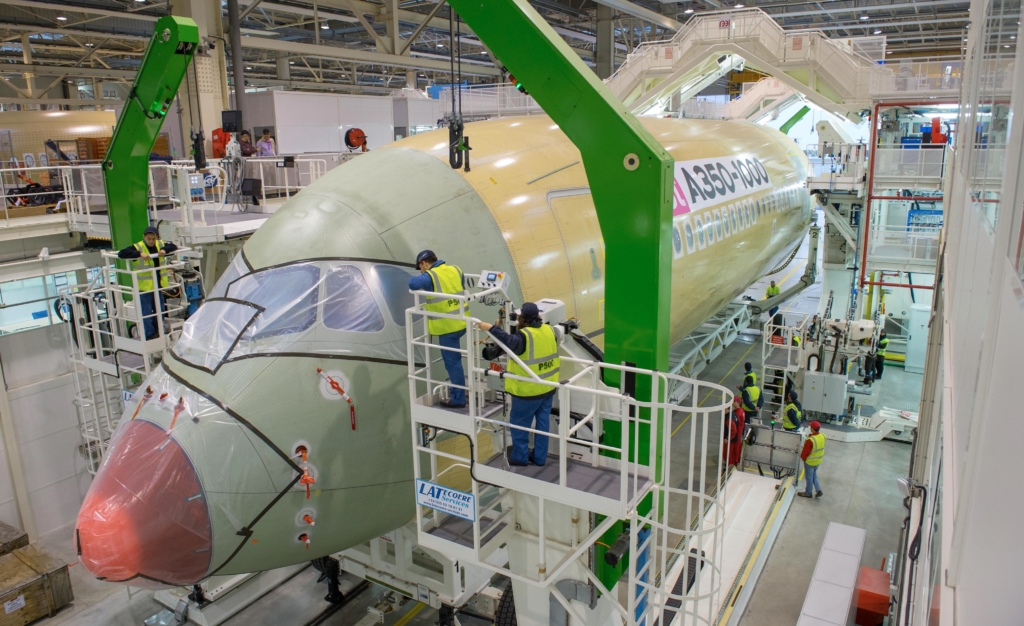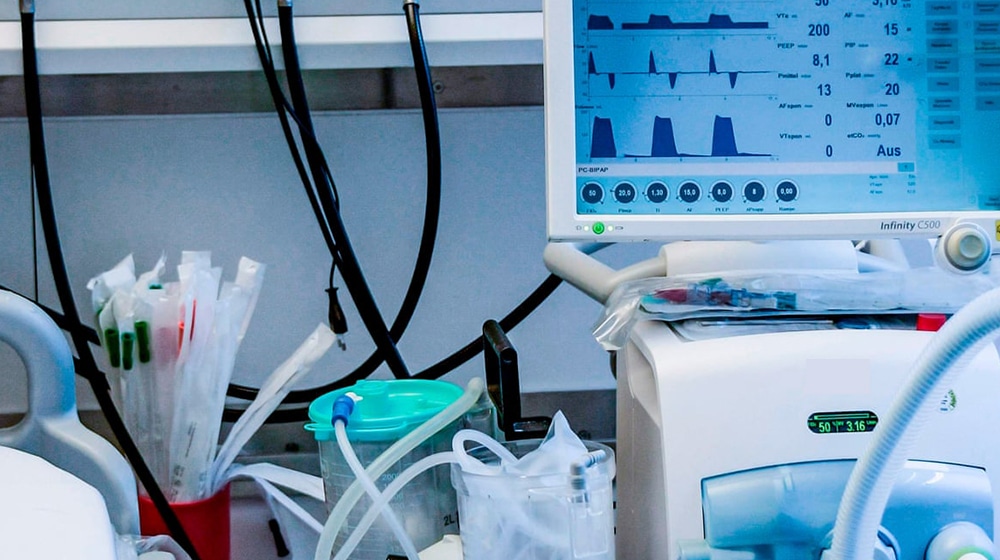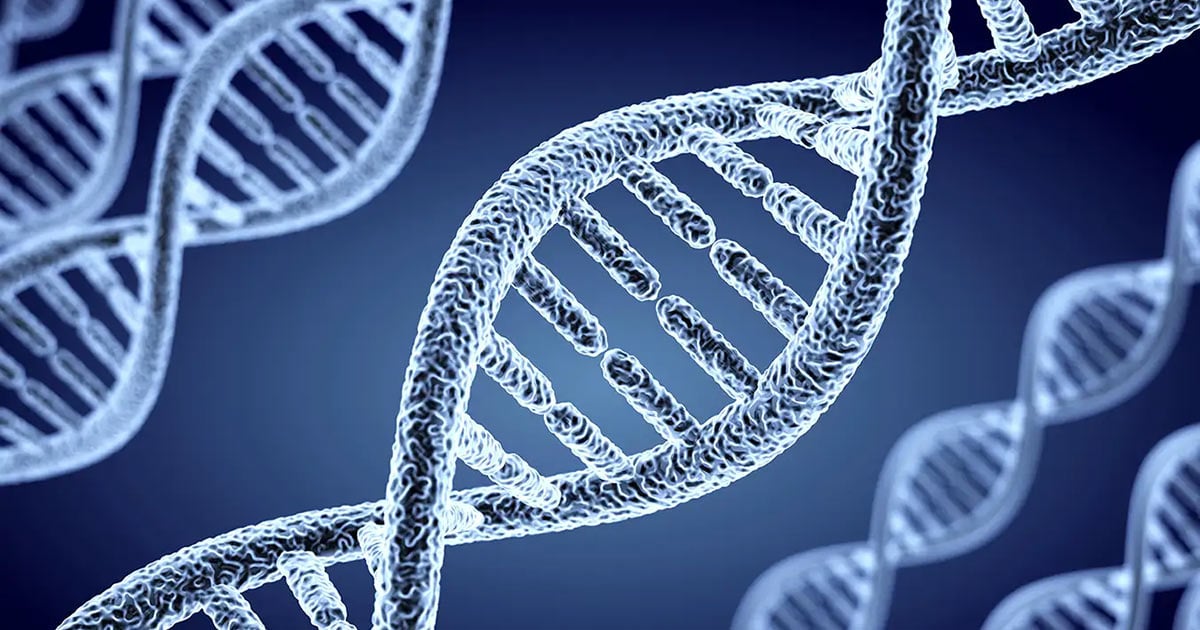Pérez V, Herrero M, Hormaza J. Self-fertility and preferential cross-fertilization in mango (Mangifera indica). Sci Hortic. 2016;213:373–8.
Google Scholar
Jaglan P, Buttar HS, Al-bawareed O, Chibisov S. Potential health benefits of selected fruits: Apples, blueberries, grapes, guavas, mangos, pomegranates, and tomatoes. Functional foods and nutraceuticals in metabolic and non-communicable diseases. Elsevier; 2022. pp. 359–70.
Jahurul M, Zaidul I, Ghafoor K, Al-Juhaimi FY, Nyam K-L, Norulaini N, et al. Mango (Mangifera indica L.) by-products and their valuable components: a review. Food Chem. 2015;183:173–80.
Google Scholar
Mitra S. Mango production in the world–present situation and future prospect. In: XXIX International Horticultural Congress on Horticulture: Sustaining Lives, Livelihoods and Landscapes (IHC2014)2014;IV 1111:287–296.
Zhang D, Chong W, Li X-L. Yield gap and production constraints of mango (Mangifera indica) cropping systems in Tianyang County, China. J Integr Agric. 2019;18(8):1726–36.
Google Scholar
Liu B, Xin Q, Zhang M, Chen J, Lu Q, Zhou X, Li X, Zhang W, Feng W, Pei H. Research progress on Mango post-harvest ripening physiology and the regulatory technologies. Foods. 2022;12(1):173.
Google Scholar
Tahir H, Sajjad M, Qian M, Haq MZU, Tahir A, Farooq MA, Wei L, Shi S, Zhou K, Yao Q. Glutathione and ascorbic acid accumulation in Mango pulp under enhanced UV-B based on transcriptome. Antioxidants. 2024;13(11):1429.
Google Scholar
Wu X, Li J, Wei J, Tong K, Xie Y, Chang Q, Yu X, Li B, Lu M, Fan C. Multi-residue analytical method development and dietary exposure risk assessment of 345 pesticides in Mango by LC-Q-TOF/MS. Food Control. 2025;170:111016.
Google Scholar
Simontacchi M, Galatro A, Ramos-Artuso F, Santa-María GE. Plant survival in a changing environment: the role of nitric oxide in plant responses to abiotic stress. Front Plant Sci. 2015;6:977.
Google Scholar
Singh VP, Singh S, Prasad SM, Parihar P. UV-B radiation: from environmental stressor to regulator of plant growth. Wiley Online Library; 2017.
Sharma S, Chatterjee S, Kataria S, Joshi J, Datta S, Vairale MG, Veer V. A review on responses of plants to UV-B radiation related stress. UV‐B Radiation: Environ Stressor Regulator Plant Growth 2017:75–97.
Shi C, Liu H. How plants protect themselves from ultraviolet-B radiation stress. Plant Physiol. 2021;187(3):1096–103.
Google Scholar
Fotopoulos V, De Tullio MC, Barnes J, Kanellis AK. Altered stomatal dynamics in ascorbate oxidase over-expressing tobacco plants suggest a role for dehydroascorbate signalling. J Exp Bot. 2008;59(4):729–37.
Google Scholar
Foyer CH, Noctor G. Redox homeostasis and signaling in a higher-CO2 world. Annu Rev Plant Biol. 2020;71(1):157–82.
Google Scholar
Pignocchi C, Foyer CH. Apoplastic ascorbate metabolism and its role in the regulation of cell signalling. Curr Opin Plant Biol. 2003;6(4):379–89.
Google Scholar
Stevens R, Truffault V, Baldet P, Gautier H. Ascorbate oxidase in plant growth, development, and stress tolerance. Ascorbic acid in plant growth. Dev Stress Tolerance 2017:273–95.
Mellidou I, Kanellis AK. Revisiting the role of ascorbate oxidase in plant systems. J Exp Bot. 2024;75(9):2740–53.
Google Scholar
De Tullio M, Guether M, Balestrini R. Ascorbate oxidase is the potential conductor of a symphony of signaling pathways. Plant Signal Behav. 2013;8(3):e23213.
Google Scholar
Singh RR, Nobleza N, Demeestere K, Kyndt T. Ascorbate oxidase induces systemic resistance in sugar beet against cyst nematode heterodera schachtii. Front Plant Sci. 2020;11:591715.
Google Scholar
Batth R, Singh K, Kumari S, Mustafiz A. Transcript profiling reveals the presence of abiotic stress and developmental stage specific ascorbate oxidase genes in plants. Front Plant Sci. 2017;8:198.
Google Scholar
Pignocchi C, Fletcher JM, Wilkinson JE, Barnes JD, Foyer CH. The function of ascorbate oxidase in tobacco. Plant Physiol. 2003;132(3):1631–41.
Google Scholar
Sanmartin M, Pateraki I, Chatzopoulou F, Kanellis AK. Differential expression of the ascorbate oxidase multigene family during fruit development and in response to stress. Planta. 2007;225:873–85.
Google Scholar
Brun A, Smokvarska M, Wei L, Chay S, Curie C, Mari S. MCO1 and MCO3, two putative ascorbate oxidases with ferroxidase activity, new candidates for the regulation of apoplastic iron excess in Arabidopsis. Plant Direct. 2022;6(11):e463.
Google Scholar
Fotopoulos V, Kanellis AK. Altered apoplastic ascorbate redox state in tobacco plants via ascorbate oxidase overexpression results in delayed dark-induced senescence in detached leaves. Plant Physiol Biochem. 2013;73:154–60.
Google Scholar
Zhang Y, Li H, Shu W, Zhang C, Zhang W, Ye Z. Suppressed expression of ascorbate oxidase gene promotes ascorbic acid accumulation in tomato fruit. Plant Mol Biol Rep. 2011;29:638–45.
Google Scholar
Garchery C, Gest N, Do PT, Alhagdow M, Baldet P, Menard G, et al. A diminution in ascorbate oxidase activity affects carbon allocation and improves yield in tomato under water deficit. Plant Cell Environ. 2013;36(1):159–75.
Google Scholar
Potters G, Horemans N, Bellone S, Caubergs RJ, Trost P, Guisez Y, et al. Dehydroascorbate influences the plant cell cycle through a glutathione-independent reduction mechanism. Plant Physiol. 2004;134(4):1479–87.
Google Scholar
Pan Z, Chen L, Wang F, Song W, Cao A, Xie S, et al. Genome-wide identification and expression analysis of the ascorbate oxidase gene family in Gossypium hirsutum reveals the critical role of GhAO1A in delaying dark-induced leaf senescence. Int J Mol Sci. 2019;20(24):6167.
Google Scholar
Singh K, Gupta R, Shokat S, Iqbal N, Kocsy G, Pérez-Pérez JM, et al. Ascorbate, plant hormones and their interactions during plant responses to biotic stress. Physiol Plant. 2024;176(4):e14388.
Google Scholar
Verma V, Ravindran P, Kumar PP. Plant hormone-mediated regulation of stress responses. BMC Plant Biol. 2016;16:1–10.
Google Scholar
Yadav A, Singh D, Lingwan M, Yadukrishnan P, Masakapalli SK, Datta S. Light signaling and UV-B‐mediated plant growth regulation. J Integr Plant Biol. 2020;62(9):1270–92.
Google Scholar
Yu Z, Duan X, Luo L, Dai S, Ding Z, Xia G. How plant hormones mediate salt stress responses. Trends Plant Sci. 2020;25(11):1117–30.
Google Scholar
Jansen MA, Coffey AM, Prinsen E. UV-B induced morphogenesis: four players or a quartet? Plant Signal Behav. 2012;7(9):1185–7.
Google Scholar
Vanhaelewyn L, Prinsen E, Van Der Straeten D, Vandenbussche F. Hormone-controlled UV-B responses in plants. J Exp Bot. 2016;67(15):4469–82.
Google Scholar
Vandenbussche F, Van Der Straeten D. The role of ethylene in plant growth and development. Annual Plant Reviews 44: Plant Hormone Ethyl. 2012;44:219–41.
Google Scholar
Sun Z, Wen C, Chen Z, Zhang Qa, Fang L, Li J, Jiang S, Cao S. A role for Ethylene-Insensitive 2 gene in the regulation of the ultraviolet-B response in Arabidopsis. Acta Physiol Plant. 2011;33:1025–30.
Google Scholar
Choudhary KK, Singh S, Agrawal M, Agrawal S. Role of jasmonic and Salicylic acid signaling in plants under UV-B stress. Jasmonates Salicylates Signal Plants 2021:45–63.
Rao MV, Paliyath G, Ormrod DP, Murr DP, Watkins CB. Influence of salicylic acid on H2O2 production, oxidative stress, and H2O2-metabolizing enzymes (salicylic acid-mediated oxidative damage requires H2O2). Plant Physiol. 1997;115(1):137–49.
Google Scholar
Durner J. DF Klessig 1995 Inhibition of ascorbate peroxidase by Salicylic acid and 2, 6-dichloroisonicotinic acid, two inducers of plant defense responses. Proc Natl Acad Sci 92 24 11312–6.
Google Scholar
Esaka M, Fujisawa K, Goto M, Kisu Y. Regulation of ascorbate oxidase expression in pumpkin by auxin and copper. Plant Physiol. 1992;100(1):231–7.
Google Scholar
SANMARTIN ARTIÑANO M. Regulation of melon ascorbate oxidase gene expression and effect of its modification in Trangenic tobacco and melon plants. Universitat de València; 2002.
Duvaud S, Gabella C, Lisacek F, Stockinger H, Ioannidis V, Durinx C. Expasy, the Swiss bioinformatics resource portal, as designed by its users. Nucleic Acids Res. 2021;49(W1):W216-27.
Google Scholar
Bailey TL, Johnson J, Grant CE, Noble WS. The MEME suite. Nucleic Acids Res. 2015;43(W1):W39-49.
Google Scholar
Wang J, Chitsaz F, Derbyshire MK, Gonzales NR, Gwadz M, Lu S, et al. The conserved domain database in 2023. Nucleic Acids Res. 2023;51(D1):D384-8.
Google Scholar
Chen C, Chen H, Zhang Y, Thomas HR, Frank MH, He Y, et al. TBtools: an integrative toolkit developed for interactive analyses of big biological data. Mol Plant. 2020;13(8):1194–202.
Google Scholar
Chen Q, Han Z, Jiang H, Tian D, Yang S. Strong positive selection drives rapid diversification of R-genes in Arabidopsis relatives. J Mol Evol. 2010;70:137–48.
Google Scholar
Tahir ul Qamar M, Sadaqat M, Zhu X-T, Li H, Huang X, Fatima K, Almutairi MM, Chen L-L. Comparative genomics profiling revealed multi-stress responsive roles of the CC-NBS-LRR genes in three Mango cultivars. Front Plant Sci. 2023;14:1285547.
Google Scholar
Wang Y, Tang H, DeBarry JD, Tan X, Li J, Wang X, et al. MCScanX: a toolkit for detection and evolutionary analysis of gene synteny and collinearity. Nucleic Acids Res. 2012;40(7):e49–49.
Google Scholar
Tamura K, Stecher G, Kumar S. MEGA11: molecular evolutionary genetics analysis version 11. Mol Biol Evol. 2021;38(7):3022–7.
Google Scholar
Lescot M, Déhais P, Thijs G, Marchal K, Moreau Y, Van de Peer Y, Rouzé P, Rombauts S. PlantCARE, a database of plant cis-acting regulatory elements and a portal to tools for in Silico analysis of promoter sequences. Nucleic Acids Res. 2002;30(1):325–7.
Google Scholar
Li B, Zhang L, Zhu L, Cao Y, Dou Z, Yu Q. HDAC5 promotes intestinal sepsis via the Ghrelin/E2F1/NF-κB axis. FASEB J. 2021;35(7):e21368.
Google Scholar
Zhang B, Wang O, Qin J, Liu S, Sun S, Liu H, Kuang J, Jiang G, Zhang W. cis-Acting elements and trans-acting factors in the transcriptional regulation of Raf kinase inhibitory protein expression. PLoS ONE. 2013;8(12):e83097.
Google Scholar
Biłas R, Szafran K, Hnatuszko-Konka K, Kononowicz AK. Cis-regulatory elements used to control gene expression in plants. Plant Cell, Tissue and Organ Culture (PCTOC). 2016;127:269–87.
Google Scholar
Pignocchi C, Kiddle G, Hernández I, Foster SJ, Asensi A, Taybi T, et al. Ascorbate oxidase-dependent changes in the redox state of the apoplast modulate gene transcript accumulation leading to modified hormone signaling and orchestration of defense processes in tobacco. Plant Physiol. 2006;141(2):423–35.
Google Scholar
Xu X, Miao X, Deng N, Liang M, Wang L, Jiang L, Zeng S. Identification of ascorbate oxidase genes and their response to cold stress in citrus sinensis. Agriculture. 2024;14(9):1643.
Google Scholar
Madhu, Kaur A, Singh K, Upadhyay SK. Ascorbate oxidases in bread wheat: gene regulatory network, transcripts profiling, and interaction analyses provide insight into their role in plant development and stress response. Plant Growth Regul. 2024;103(1):209–24.
Google Scholar
Skorupa M, Szczepanek J, Yolcu S, Mazur J, Tretyn A, Tyburski J. Characteristic of the ascorbate oxidase gene family in beta vulgaris and analysis of the role of AAO in response to salinity and drought in beet. Int J Mol Sci. 2022;23(21):12773.
Google Scholar
Bailey TL, Boden M, Buske FA, Frith M, Grant CE, Clementi L, et al. MEME SUITE: tools for motif discovery and searching. Nucleic Acids Res. 2009;37(suppl2):W202-8.
Google Scholar
Xu G, Guo C, Shan H, Kong H. Divergence of duplicate genes in exon–intron structure. Proc Natl Acad Sci U S A. 2012;109(4):1187–92.
Google Scholar
Long M, Deutsch M. Intron—exon structures of eukaryotic model organisms. Nucleic Acids Res. 1999;27(15):3219–28.
Google Scholar
Tian R, Yang Y, Chen M. Genome-wide survey of the amino acid transporter gene family in wheat (Triticum aestivum L.): identification, expression analysis and response to abiotic stress. Int J Biol Macromol. 2020;162:1372–87.
Google Scholar
Innan H, Kondrashov F. The evolution of gene duplications: classifying and distinguishing between models. Nat Rev Genet. 2010;11(2):97–108.
Google Scholar
Zhang J. Evolution by gene duplication: an update. Trends Ecol Evol. 2003;18(6):292–8.
Google Scholar
Tang H, Bowers JE, Wang X, Ming R, Alam M, Paterson AH. Synteny and collinearity in plant genomes. Science. 2008;320(5875):486–8.
Google Scholar
Lynch M, Conery JS. The evolutionary fate and consequences of duplicate genes. Science. 2000;290(5494):1151–5.
Google Scholar
Wu A, Hao P, Wei H, Sun H, Cheng S, Chen P, et al. Genome-wide identification and characterization of glycosyltransferase family 47 in cotton. Front Genet. 2019;10:824.
Google Scholar
Ulmasov T, Murfett J, Hagen G, Guilfoyle TJ. Aux/IAA proteins repress expression of reporter genes containing natural and highly active synthetic auxin response elements. Plant Cell. 1997;9(11):1963–71.
Google Scholar
Gilmartin PM, Memelink J, Hiratsuka K, Kay SA, Chua N-H. Characterization of a gene encoding a DNA binding protein with specificity for a light-responsive element. Plant Cell. 1992;4(7):839–49.
Google Scholar
Tran L-SP, Nakashima K, Sakuma Y, Simpson SD, Fujita Y, Maruyama K, et al. Isolation and functional analysis of Arabidopsis stress-inducible NAC transcription factors that bind to a drought-responsive cis-element in the early responsive to dehydration stress 1 promoter. Plant Cell. 2004;16(9):2481–98.
Google Scholar
Shu X, Jiang Y, Wen T, Lu S, Yao L, Meng F. Association of hormone replacement therapy with increased risk of meningioma in women: a hospital-based multicenter study with propensity score matching. Asia Pac J Clin Oncol. 2019;15(5):e147-53.
Google Scholar
Li N, Euring D, Cha JY, Lin Z, Lu M, Huang L-J, Kim WY. Plant hormone-mediated regulation of heat tolerance in response to global climate change. Front Plant Sci. 2021;11:627969.
Google Scholar
Li H, Guo Y, Lan Z, Xu K, Chang J, Ahammed GJ, et al. Methyl jasmonate mediates melatonin-induced cold tolerance of grafted watermelon plants. Hortic Res. 2021. https://doi.org/10.1038/s41438-021-00496-0.
Google Scholar
Tong X-m, Zhang S-y, Song T, Xu W-h, Lin X-n, Shu J, et al. Effects of gonadotropin-releasing hormone antagonists on the expression of vascular endothelial growth factor and its receptors in a rat model of ovarian hyperstimulation syndrome. Chin Med J. 2008;121(23):2434–9.
Google Scholar
Potters G, Pasternak TP, Guisez Y, Palme KJ, Jansen MA. Stress-induced morphogenic responses: growing out of trouble? Trends Plant Sci. 2007;12(3):98–105.
Google Scholar
Maurel C, Tournaire-Roux C, Verdoucq L, Santoni V. Hormonal and environmental signaling pathways target membrane water transport. Plant Physiol. 2021;187(4):2056–70.
Google Scholar
Sun Q, Li X, Sun L, Sun M, Xu H, Zhou X. Plant hormones and phenolic acids response to UV-B stress in rhododendron Chrysanthum pall. Biol Direct. 2024;19(1):40.
Google Scholar
Shuai H, Meng Y, Luo X, Chen F, Zhou W, Dai Y, Qi Y, Du J, Yang F, Liu J. Exogenous auxin represses soybean seed germination through decreasing the gibberellin/abscisic acid (GA/ABA) ratio. Sci Rep. 2017;7(1):12620.
Google Scholar
Shu K, Qi Y, Chen F, Meng Y, Luo X, Shuai H, et al. Salt stress represses soybean seed germination by negatively regulating GA biosynthesis while positively mediating ABA biosynthesis. Front Plant Sci. 2017;8:1372.
Google Scholar
Shan T, Gul B, Rafique M, Jabeen A, Gurmani AR, Ortas I. Cereals and phytohormones under UV stress. Sustainable remedies for abiotic stress in cereals. Springer; 2022. pp. 425–41.
Hayes S, Velanis CN, Jenkins GI, Franklin KA. UV-B detected by the UVR8 photoreceptor antagonizes auxin signaling and plant shade avoidance. Proc Natl Acad Sci U S A. 2014;111(32):11894–9.
Google Scholar
Vanhaelewyn L, Van Der Straeten D, De Coninck B, Vandenbussche F. Ultraviolet radiation from a plant perspective: the plant-microorganism context. Front Plant Sci. 2020;11:597642.
Google Scholar
Escobar Bravo R, Chen G, Grosser K, Van Dam NM, Leiss KA, Klinkhamer PG. Ultraviolet radiation enhances salicylic acid-mediated defense signaling and resistance to Pseudomonas syringae DC3000 in a jasmonic acid-deficient tomato mutant. Plant Signal Behav. 2019;14(4):e1581560.
Google Scholar
Müller R, Acosta-Motos JR, Großkinsky DK, Hernández JA, Lütken H, Barba-Espin G. UV-B exposure of black Carrot (Daucus Carota ssp. Sativus var. atrorubens) plants promotes growth, accumulation of anthocyanin, and phenolic compounds. Agronomy. 2019;9(6):323.
Google Scholar
Czarnocka W, Karpiński S. Friend or foe? Reactive oxygen species production, scavenging and signaling in plant response to environmental stresses. Free Radic Biol Med. 2018;122:4–20.
Google Scholar
Tyagi S, Shumayla, Singh SP, Upadhyay SK. Role of superoxide dismutases (SODs) in stress tolerance in plants. Mol Approaches Plant Biology Environ Challenges 2019:51–77.
Tyagi S, Shah A, Karthik K, Rathinam M, Rai V, Chaudhary N, Sreevathsa R. Reactive oxygen species in plants: an invincible fulcrum for biotic stress mitigation. Appl Microbiol Biotechnol. 2022;106(18):5945–55.
Google Scholar
Karpinska B, Zhang K, Rasool B, Pastok D, Morris J, Verrall SR, et al. The redox state of the apoplast influences the acclimation of photosynthesis and leaf metabolism to changing irradiance. Plant Cell Environ. 2018;41(5):1083–97.
Google Scholar
Zhu M, Liu Q, Liu F, Zheng L, Bing J, Zhou Y, Gao F. Gene profiling of the ascorbate oxidase family genes under osmotic and cold stress reveals the role of AnAO5 in cold adaptation in ammopiptanthus nanus. Plants. 2023;12(3):677.
Google Scholar
Messerschmidt A. Multi-copper oxidases. World Scientific; 1997.
Yamamoto A, Bhuiyan MNH, Waditee R, Tanaka Y, Esaka M, Oba K, et al. Suppressed expression of the apoplastic ascorbate oxidase gene increases salt tolerance in tobacco and Arabidopsis plants. J Exp Bot. 2005;56(417):1785–96.
Google Scholar
Sanmartin M, Drogoudi PD, Lyons T, Pateraki I, Barnes J, Kanellis AK. Over-expression of ascorbate oxidase in the Apoplast of Transgenic tobacco results in altered ascorbate and glutathione redox States and increased sensitivity to Ozone. Planta. 2003;216:918–28.
Google Scholar









